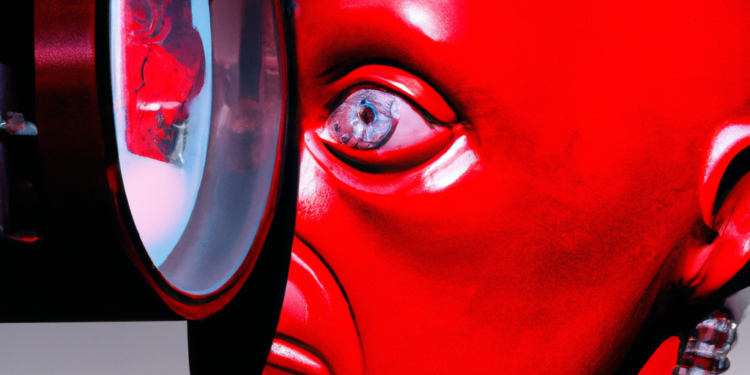Is covering your laptop’s built-in camera really enough to keep you secure? That’s the question raised after a photo of Mark Zuckerberg posting on Facebook in 2016 showed the camera covered. What about FBI director James Comey, who says he covers his webcam?
Even if you think you would notice if someone used your device, cybercriminals can access your webcam and record sights and sounds associated with you. There are ways a hacker could disable the LED light that normally signals your webcam is in operation. Even when it is on.
Covering its webcam help against blackmail and extortion
There are many people who obscure their webcam because you never know who might be on the other end watching. If a snoop gains access to your webcam, they might collect footage to blackmail, extort, or cause havoc in your life.
A cyberthief might hijack online bank accounts, steal financial data for online shopping, or tamper with social media accounts to steal information. Hijacking online bank accounts is one way to do this. Or, you might have noticed a co-worker or friend recently using tape over their webcam. Malware and viruses might target webcams, too.
They can record anything a webcam sees, whether you are at home or at work. If used for ill purposes, a webcam could record sensitive information or material and then send it back to the cybercriminal. The material that is gathered can be used for a variety of purposes, such as blackmail, identity theft, and causing someone harm. A webcam can have serious real-life consequences for anyone it affects.
There’s no danger when you put your smartphone’s front-facing webcam away in your purse or pocket when you’re not using it. However, wireless and built-in webcams are different. Because they’re positioned to see your living room, kitchen, or office, these cameras can invade your privacy and expose your conversations. That’s why it’s smart to conceal your webcam or take other steps to boost your online security.
The last defense in case of intrusion
Simply put, covering your webcam is not necessarily essential, but it can reassure users and effectively prevent potential hackers from observing you or your home through it. Nevertheless, if your computer is well equipped with cyber security, it should be difficult for cybercriminals to do so.
Even if a hacker knows a computer’s password, he or she must have a lot of other information about the device in order to access the screen, such as the external IP address of the network on which the device is located, the exact IP address or name of the computer, and an open and designated port number for remote access.
Since many computer systems automatically disable this remote access feature, a hacker would also have to prompt to install malware to gain access, he continues. He also points out that people with a firewall usually don’t need to worry about such intrusions.
Using complex passwords and not opening suspicious emails is more wise. So does having reliable and up-to-date cybersecurity protection. Finally, it’s best to uninstall applications you don’t use often and regularly check which ones have access to your webcam.
How to improve webcam security ?
While covering your webcam is an easy method to prevent someone from spying on you, it does not completely safeguard your internet security. Furthermore, covering your webcam does not necessarily mean someone won’t be able to eavesdrop via the microphone. Be wise with your computer usage and follow these six cheap cybersecurity best practices:
- Get an antivirus software: To protect against malware, no webcam cover will help. Use a reliable antivirus software.
- Activate your Firewall: Firewall help to restrict your internet traffic to only allowed destination. The attacker server on the internet can be blocked by the firewall.
- Change default password: wireless camera do generally have a default password, that anyone known since it is in the manufacturer documentation. Change it!
- Keep your system updated: It is harder for intruder to hack into computer with an up-to-date Operating System. Activate auto-update whenever it is possible.
- Have good security hygiene: Not clicking on suspicious link or download shady files or application protects you against most of common malware.
- Use a sliding webcam cover: It’s a cheap very last solution against webcam spying or more handy that a sticker that may fall or tha you have to remove everytime you need to use the webcam.
Covering its webcam is a good practice but will not protect you against intrusion. Better have no webcam cover and no malware on the computer rather than using one and keeping bad security habits.


